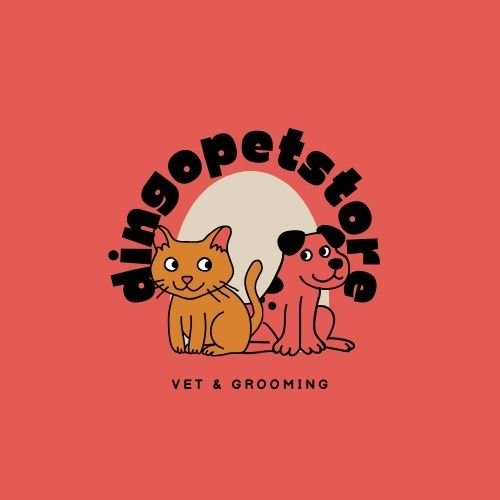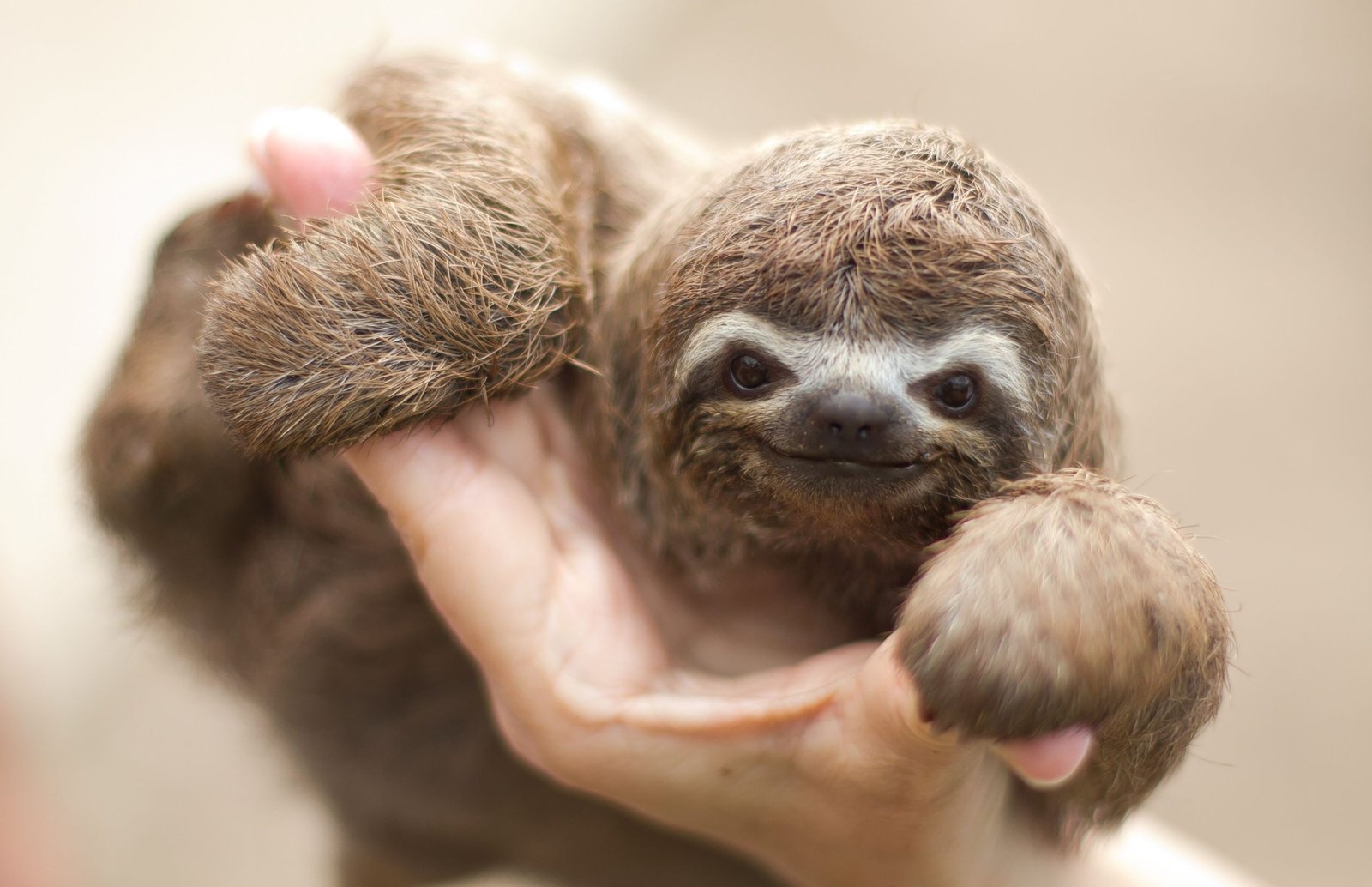Keeping a sloth as a pet can be harmful to the animal’s health and well-being due to its inability to replicate its natural environment in captivity. Wild mammals like sloths do not fare well in captivity, making it risky to own them as pets.
Why Sloths Do Not Make Good Pets
Sloths are fascinating creatures known for their slow movements and adorable appearance. However, while they may seem like appealing pets, there are several reasons why sloths do not make good household companions. From their housing and environmental requirements to their specific dietary needs and legal restrictions, owning a sloth can lead to potential harm for both the animal and the owner.
Housing And Environment
One of the primary reasons why keeping a sloth as a pet is not recommended is the challenge of providing suitable housing and environment. Sloths are native to tropical rainforests, where they spend their lives high up in the canopy. In captivity, replicating this natural environment is nearly impossible. They require large spaces with plenty of climbing structures, trees, branches, and platforms to mimic their natural habitat.
It’s crucial to maintain optimal humidity levels for sloths, as they thrive in moist environments. This can be challenging to achieve in regular household conditions. Average indoor temperatures and humidity would be harmful to sloths and may lead to health issues such as respiratory problems and difficulty regulating body temperature.
Diet And Care
Sloths have a unique and specialized diet consisting primarily of leaves, buds, and fruits. Their digestion is slow, and they have a specialized stomach to break down their fibrous diet. Providing an adequate diet for sloths requires knowledge of specific plants and nutritional requirements. Feeding them a diet high in sugar or protein, commonly found in human food, can lead to serious health problems for these animals.
Moreover, sloths have specific care needs that may be challenging for the average pet owner to meet. They have long, sharp claws that need regular maintenance, and their fur often harbors algae and insects, requiring routine grooming to prevent skin issues. Additionally, sloths are solitary animals and prefer to be left alone, unlike household pets that thrive on social interactions and physical touch.
Legal Restrictions
Another crucial factor to consider is the legal restrictions surrounding sloth ownership. Many countries and states, including California, have strict regulations and outright bans on importing exotic animals as pets. These measures are in place to prevent the illegal exotic pet trade and protect both the animals and the ecosystems from which they are taken.
Owning a sloth without the proper permits and documentation can result in legal consequences, including fines, confiscation of the animal, and potential harm to the sloth’s well-being. It is essential to thoroughly research and comply with local laws and regulations before considering a sloth as a pet.
In conclusion
While sloths may captivate our hearts and spark a desire to keep them as pets, it is crucial to recognize that they are wild animals with complex needs that are challenging to meet in a domestic setting. From providing a suitable habitat and diet to adhering to legal restrictions, the challenges and potential harm outweigh the benefits of having a sloth as a pet. Instead, we can appreciate these unique creatures from a distance and support their conservation efforts in their natural habitats.
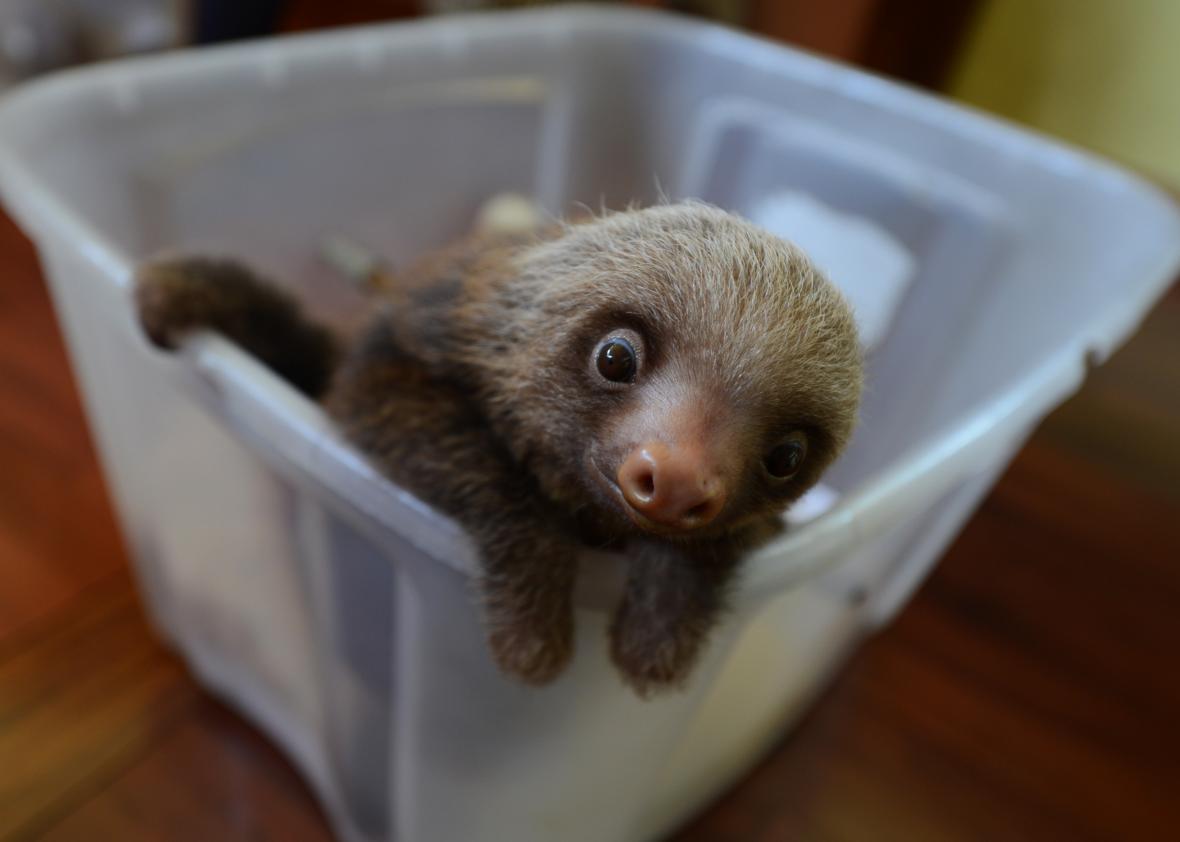
The Risks And Challenges Of Owning A Sloth
Keeping a sloth as a pet poses risks and challenges. It is difficult to replicate their natural environment in captivity, which can be harmful to their health and well-being. Additionally, owning a sloth may be illegal in some areas due to restrictions on exotic animal ownership.
Potential Harm To The Animal
Keeping a sloth as a pet can be potentially harmful to the animal’s health and general well-being. Sloths are wild mammals that thrive in their natural environment, and it is impossible to perfectly replicate the conditions they need in captivity. The lack of proper nutrition, exercise, and social interaction can have detrimental effects on the sloth’s physical and mental health.
Behavior And Temperament Challenges
Sloths are solitary creatures that prefer to be left alone. Unlike common household pets, they do not enjoy being touched or cuddled. If a sloth feels threatened or uncomfortable, it may become aggressive and use its razor-sharp teeth and claws to defend itself. This behavior can pose a serious risk to the owner and other pets in the household.
Stress And Environmental Changes
Sloths are creatures of habit and do not adapt well to significant changes in their environment. Being moved from their enclosure or exposed to unfamiliar surroundings can cause the sloth extreme stress and anxiety. Additionally, sloths require specific temperature and humidity levels in their habitat, which may be challenging to maintain indoors. Failure to provide the optimal conditions can result in the sloth’s health deteriorating.
In conclusion, owning a sloth as a pet poses various risks and challenges that can negatively impact the animal’s well-being. It is important to prioritize the welfare of these wild creatures and consider alternative ways to support their conservation instead.
Alternatives To Owning A Sloth
If you are a fan of sloths and their adorable nature but are unsure about the idea of keeping one as a pet, there are plenty of alternatives that allow you to interact with these amazing creatures while still ensuring their well-being and conservation.
Visiting Sloth Sanctuaries And Conservation Centers
One great alternative to owning a sloth is to visit sloth sanctuaries and conservation centers. These establishments provide a safe and controlled environment for sloths where they can thrive and receive the care they need. By visiting these sanctuaries, not only will you get the chance to see sloths up close and personal, but you will also be supporting their conservation efforts and contributing to their well-being.
Supporting Sloth Conservation Efforts
Another way to get involved with sloths without owning one is by supporting sloth conservation efforts. Many organizations work tirelessly to protect these endangered creatures and their habitats. You can contribute by donating to these organizations, volunteering your time, or participating in fundraising events. Your support will go a long way in ensuring the survival of sloth populations and preserving their natural habitats.
Learning About Sloths In The Wild
If you are passionate about sloths and want to learn more about them, there are various ways to study these fascinating animals in the wild. You can join research expeditions or take part in guided tours led by experts in sloth biology and behavior. By immersing yourself in their natural environment, you will gain a deeper understanding of these gentle creatures and their importance in the ecosystem.
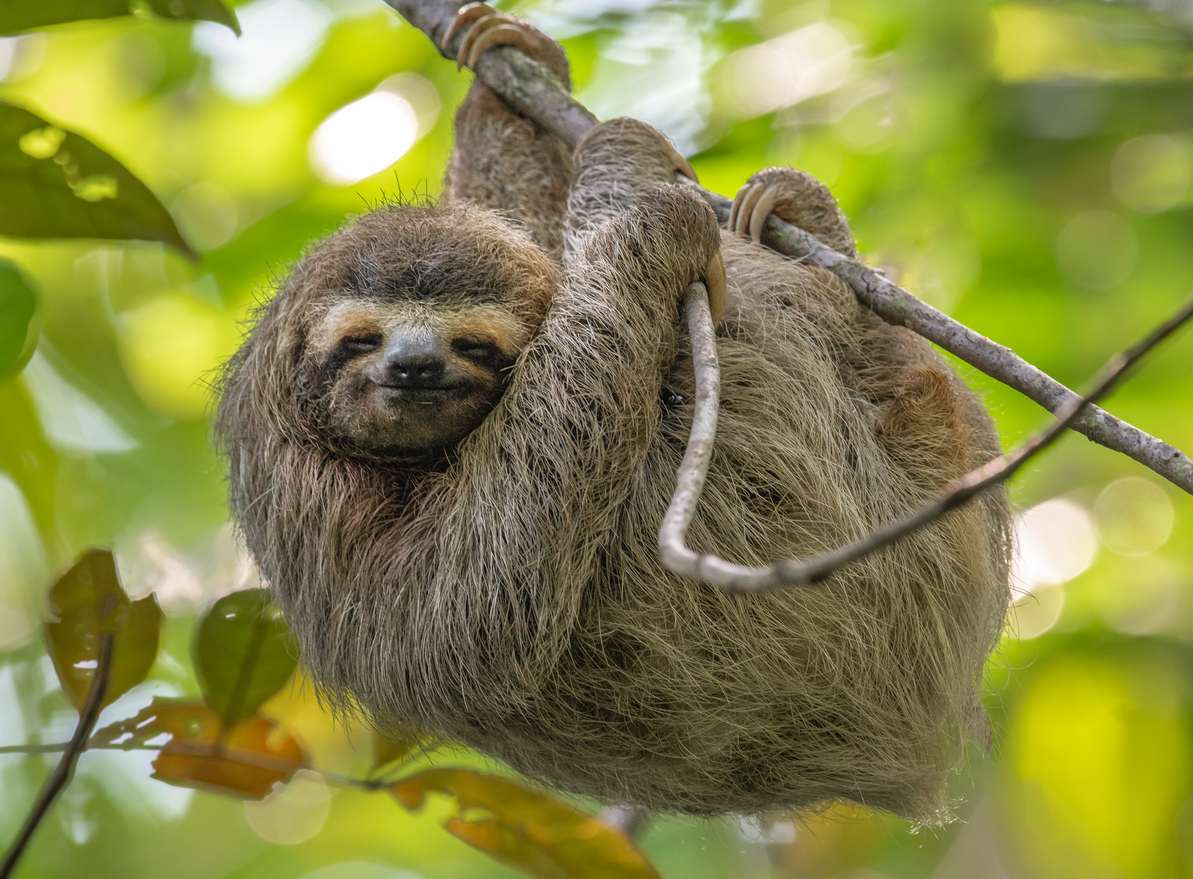
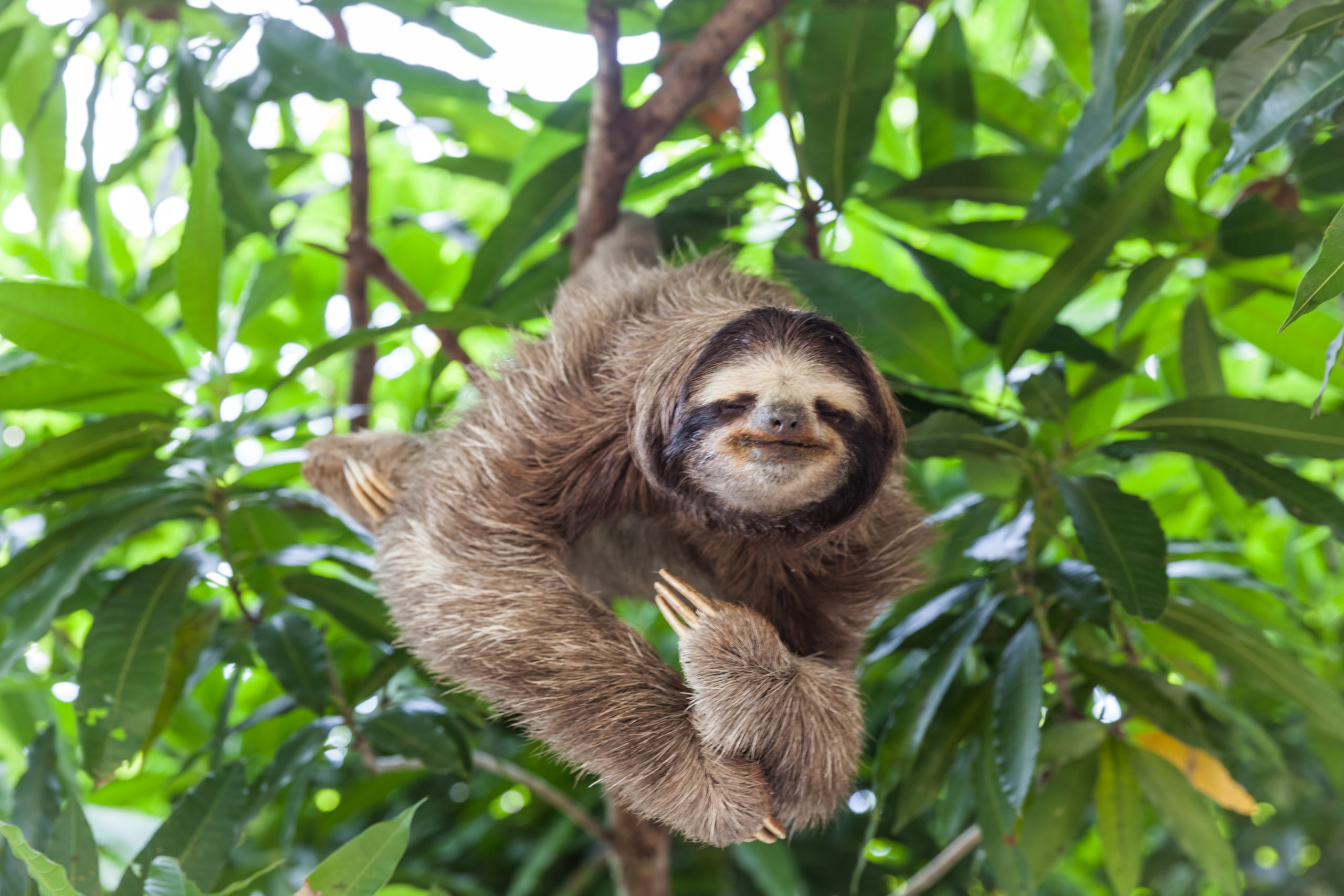
Frequently Asked Questions Of Should You Keep A Sloth As A Pet?
Do Sloths Make A Good Pet?
Owning a sloth as a pet is not recommended. Sloths are wild animals that are best suited for their natural habitat. Keeping them in captivity can be harmful to their health and well-being. Additionally, sloths are solitary creatures that do not like to be touched or petted.
So, it’s not a good idea to have them as pets.
Is It Safe To Own A Sloth?
Owning a sloth is not safe. They fare better in the wild because it’s hard to replicate their natural environment in captivity. Sloths are solitary and don’t like to be touched. They have sharp teeth and claws to defend themselves.
Sloths also require specific diet and a warm, humid habitat. It is illegal to trade exotic pets in many places. Therefore, owning a sloth can be harmful to their health and well-being.
Are Sloths Friendly To Humans?
Sloths are not friendly to humans and prefer to be left alone. They can cause harm to people if they feel threatened, using their sharp teeth and claws to defend themselves. Keeping a sloth as a pet is not recommended due to the difficulty in replicating their natural habitat and the risks to their health and well-being.
Is It Cruel To Hold A Sloth?
Owning a sloth can be harmful to their health and well-being as they fare better in their natural environment. Sloths prefer to be left alone and do not like to be touched. It is cruel to hold a sloth as they can become stressed and may use their sharp teeth and claws to defend themselves.
Conclusion
Owning a sloth as a pet may seem appealing, but it comes with inherent risks. Sloths are wild animals that thrive in their natural habitat, making it challenging to replicate their needs in captivity. They require specific diets and a warm, humid environment, which may be difficult to provide in a home setting.
Furthermore, sloths are solitary creatures that prefer to be left alone and can become defensive if approached. Considering these factors, it is best to appreciate and admire sloths from a distance, ensuring their well-being and conservation in the wild.
